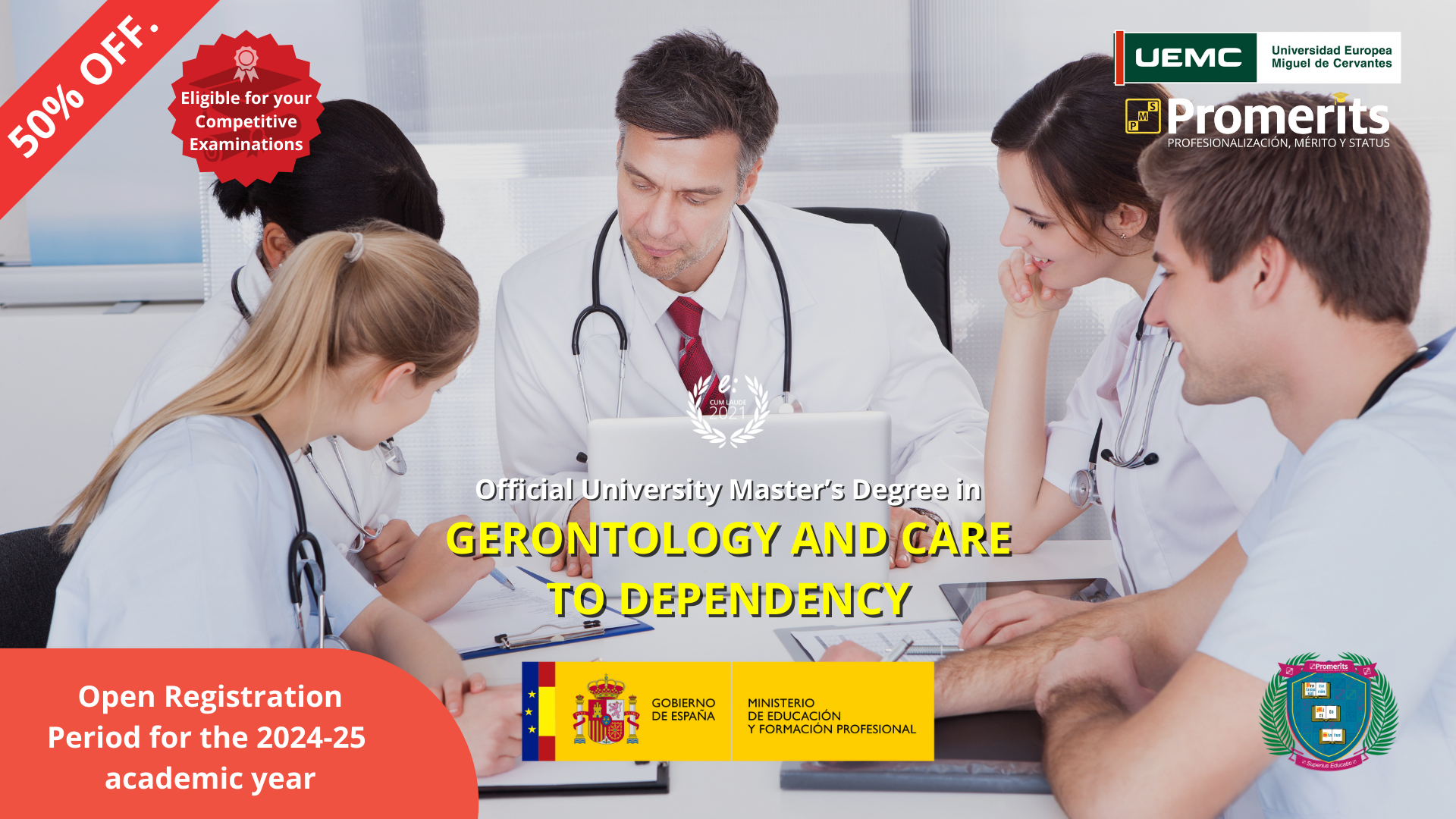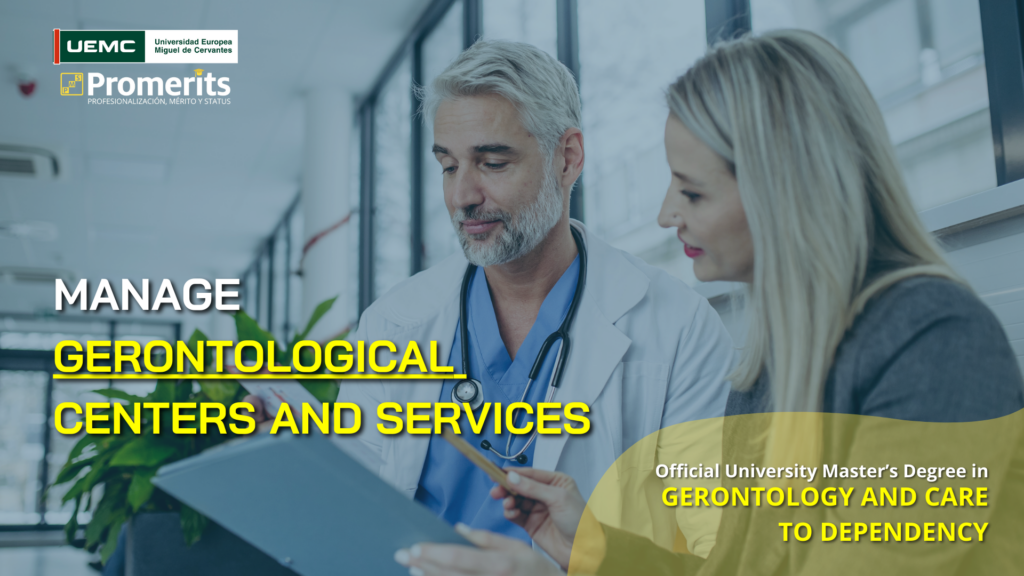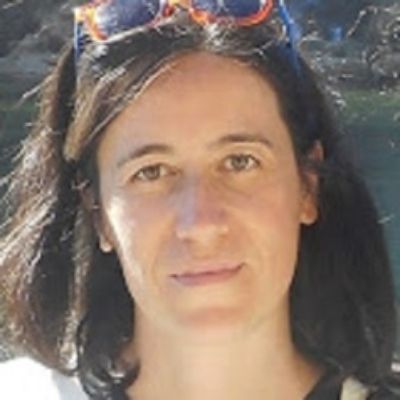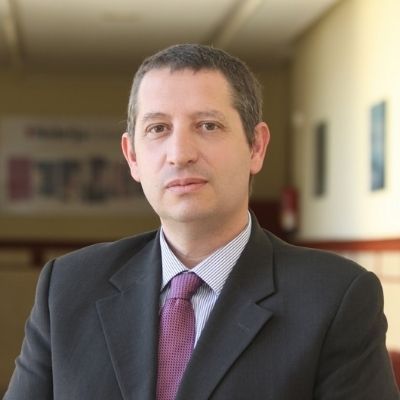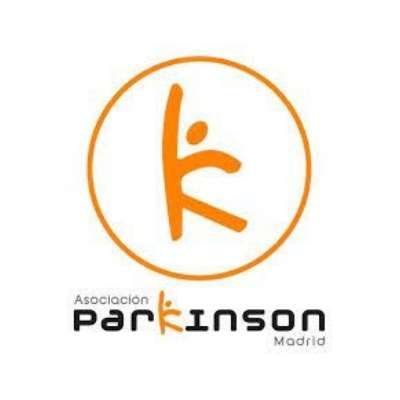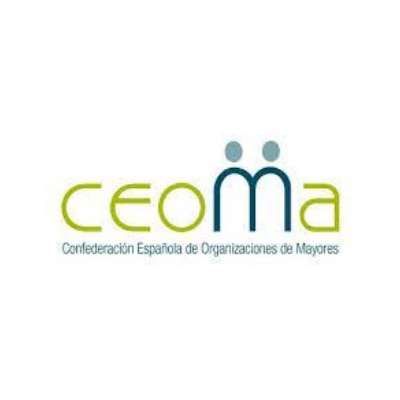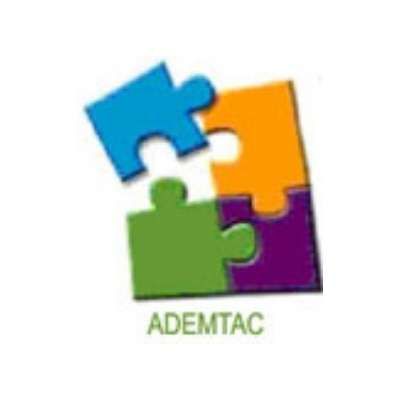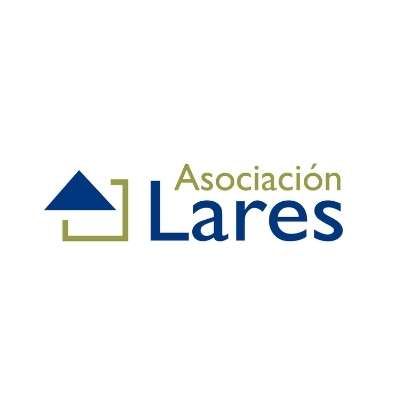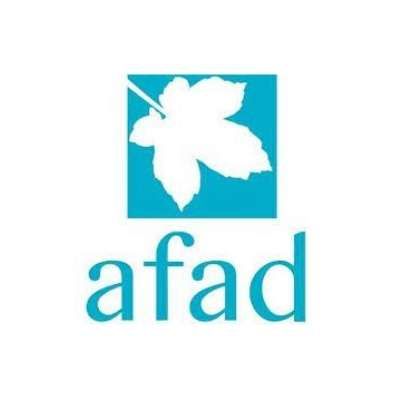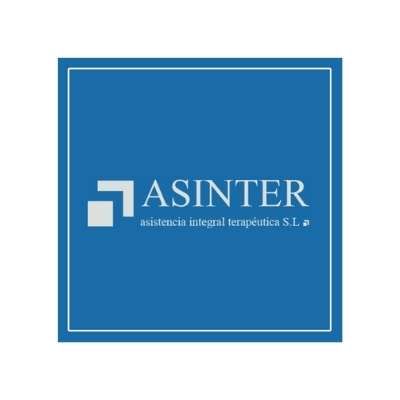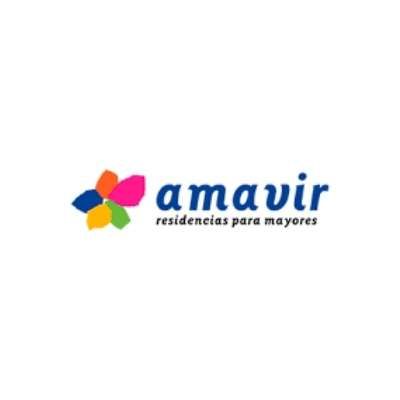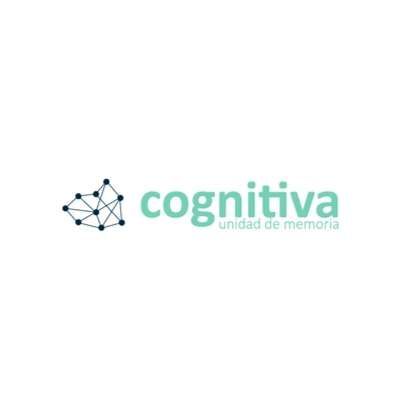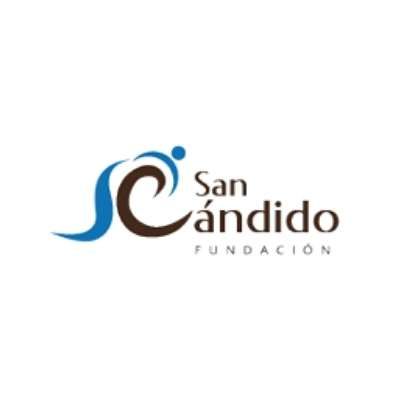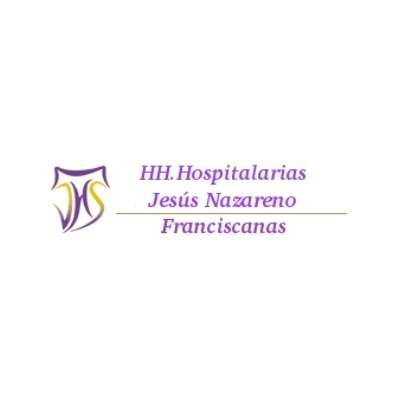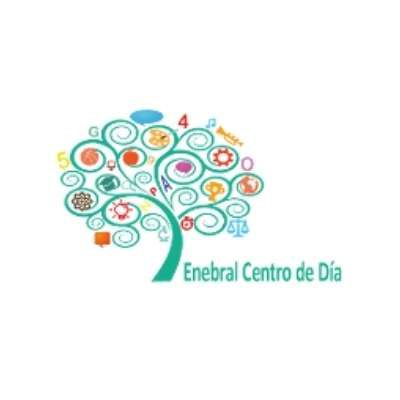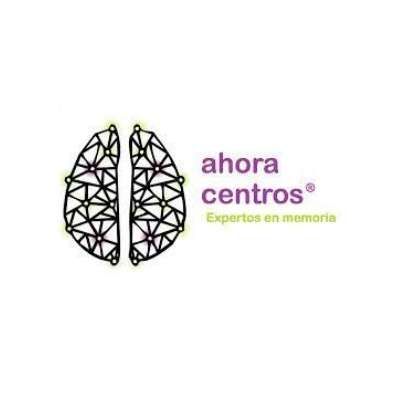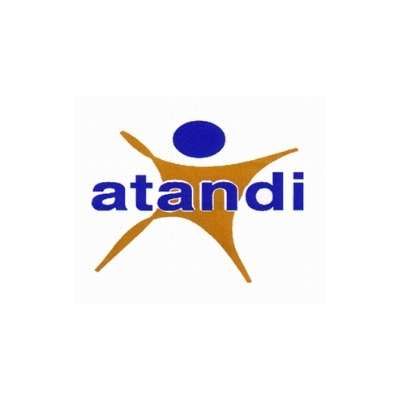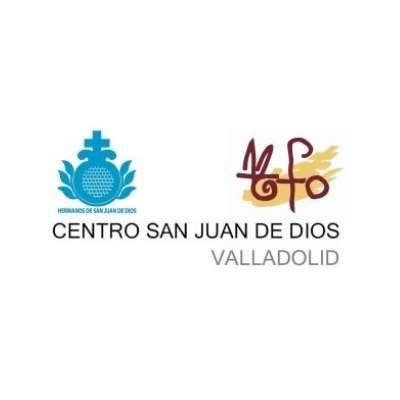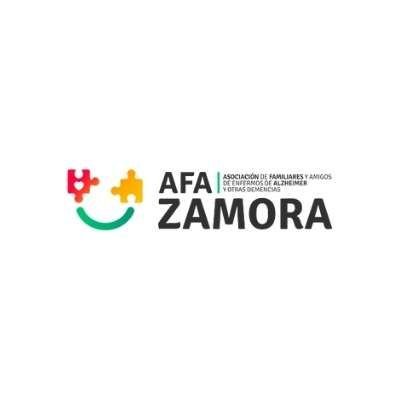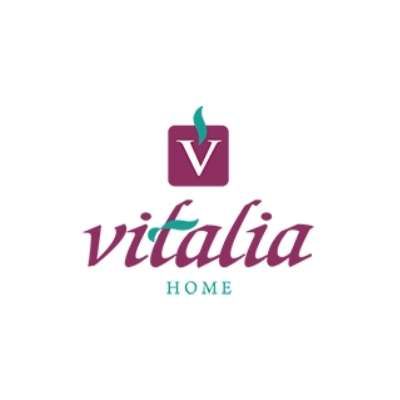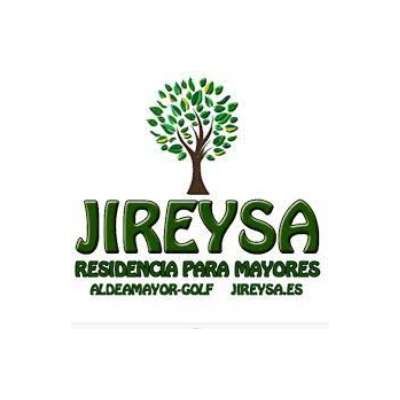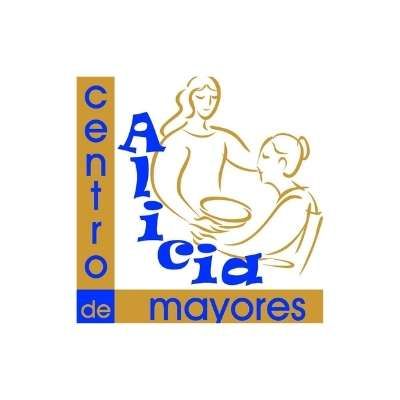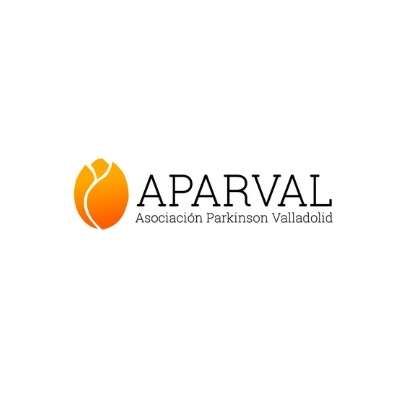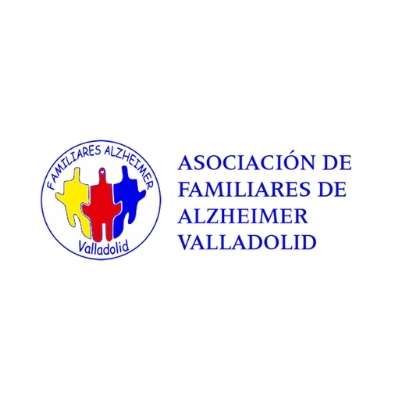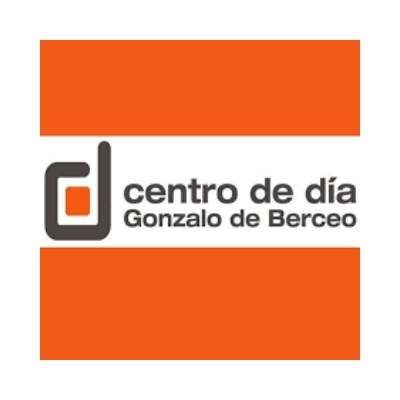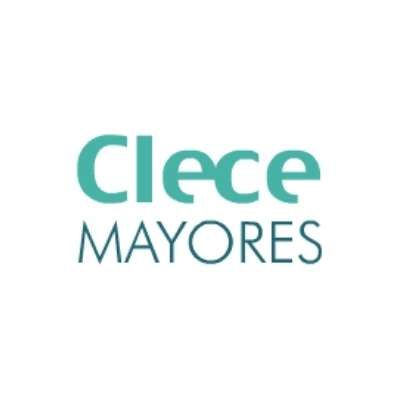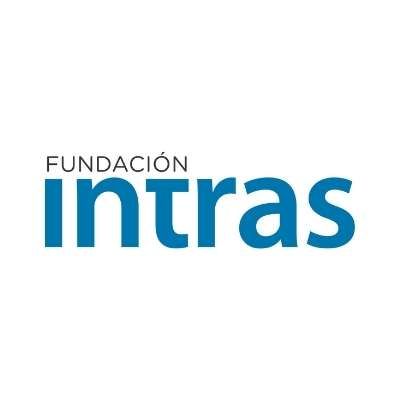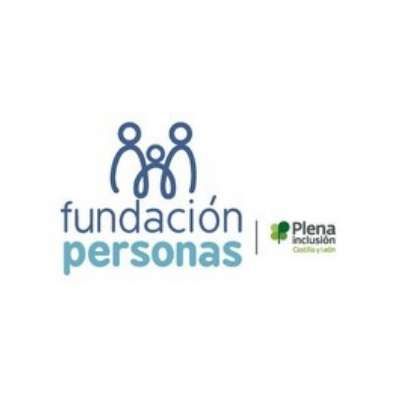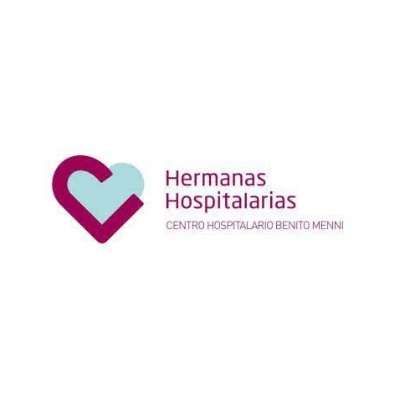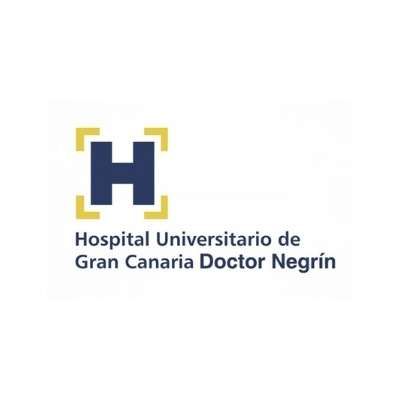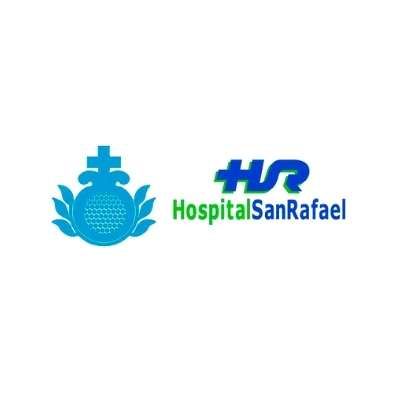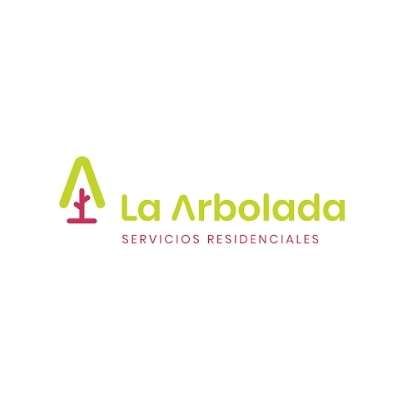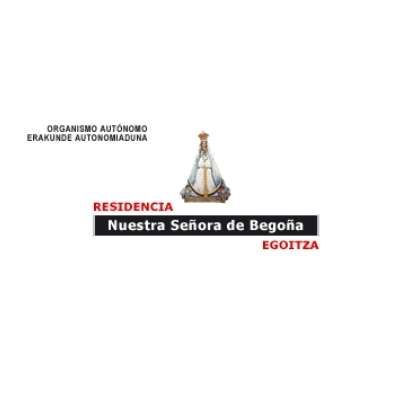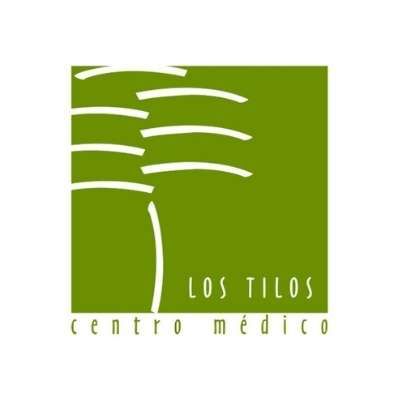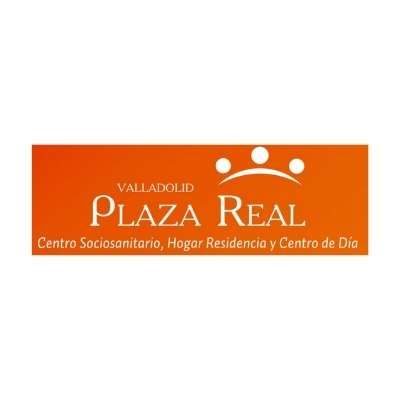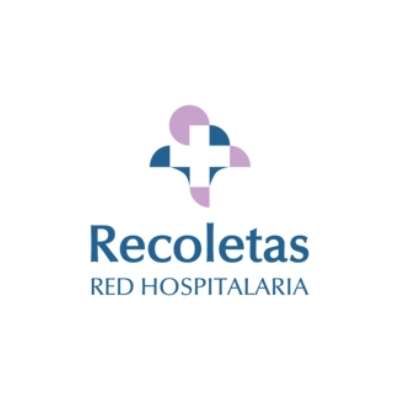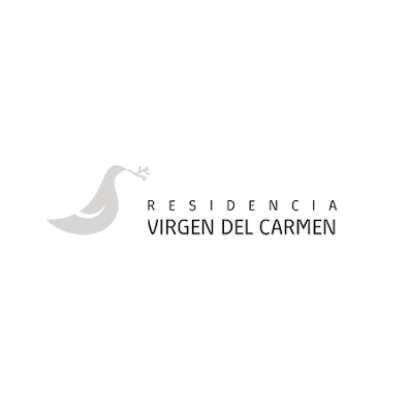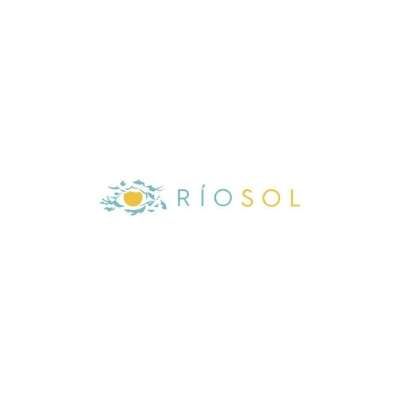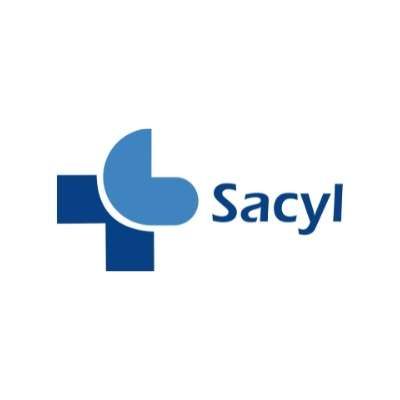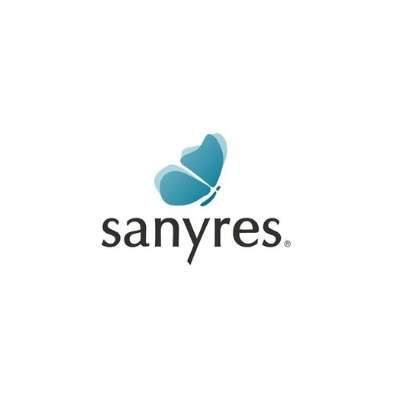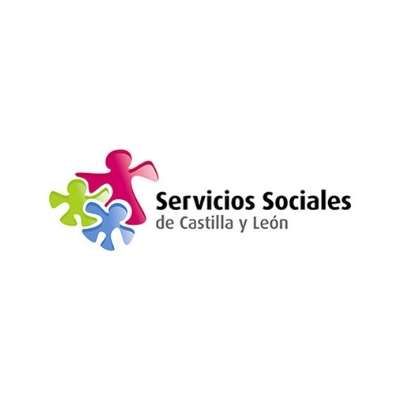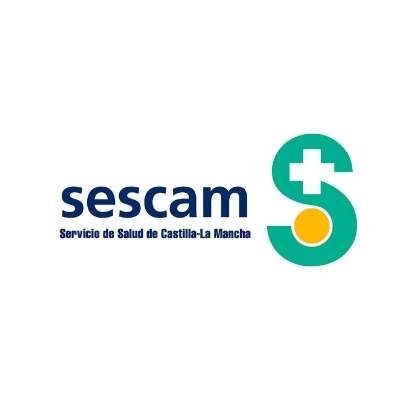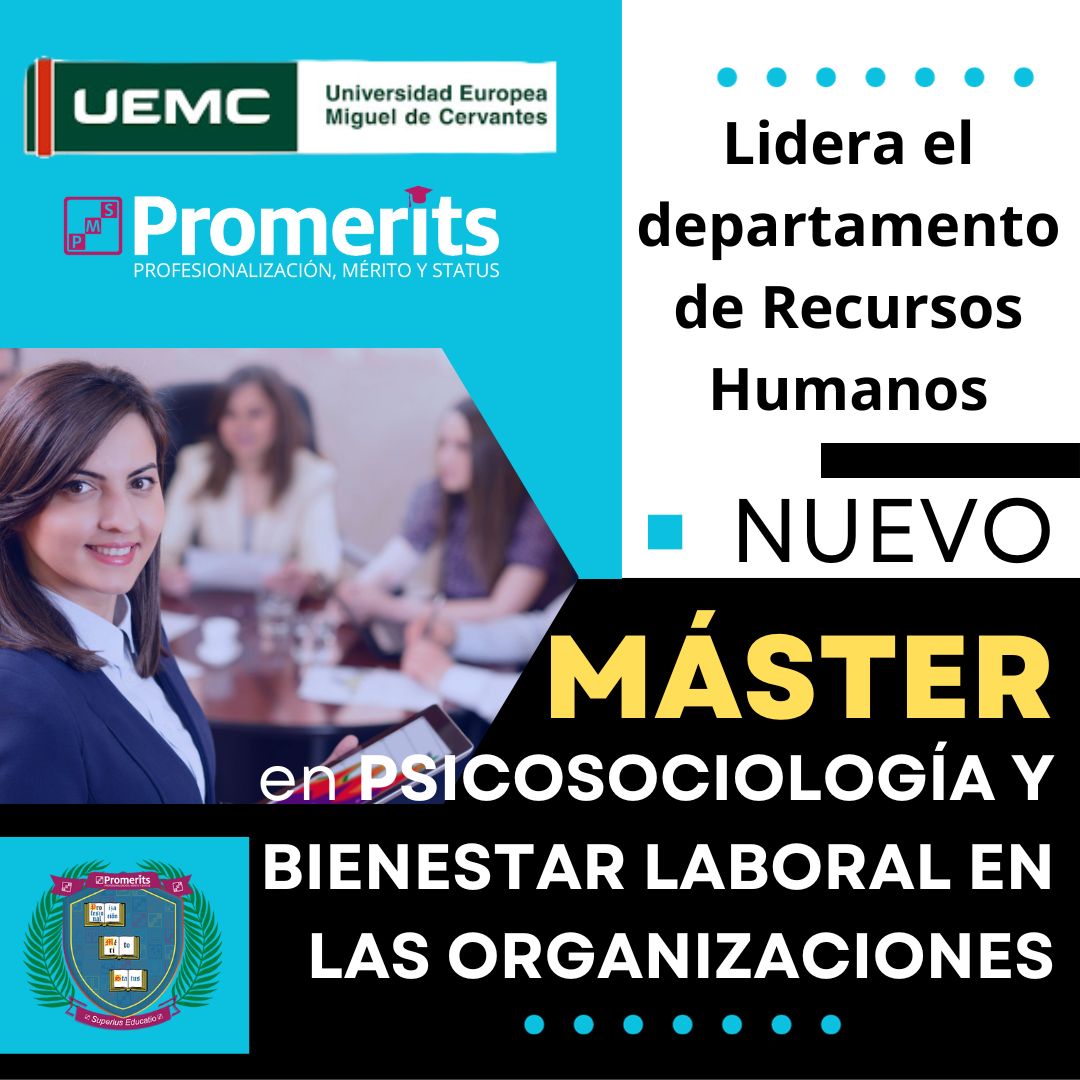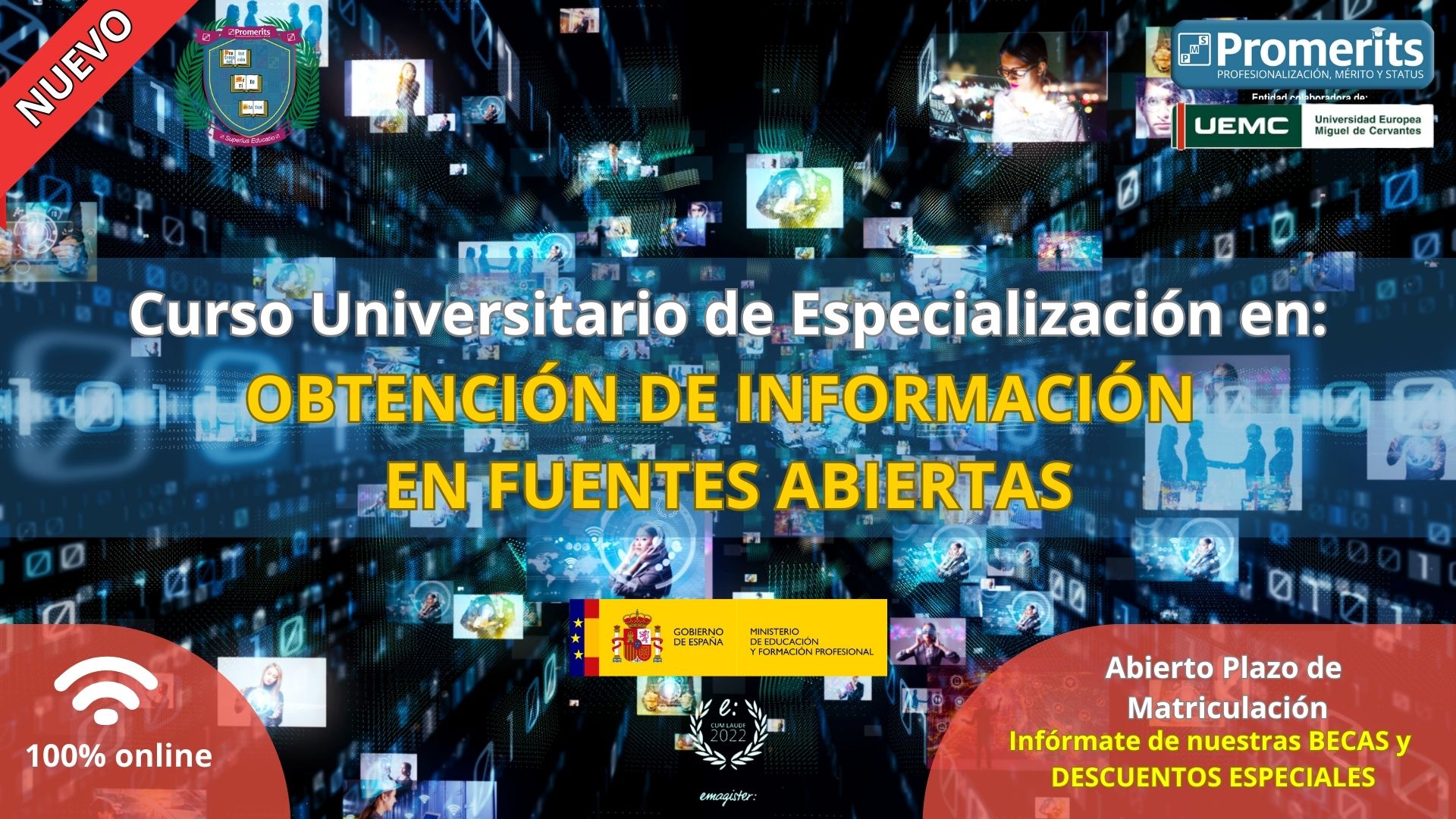Only available in Spanish
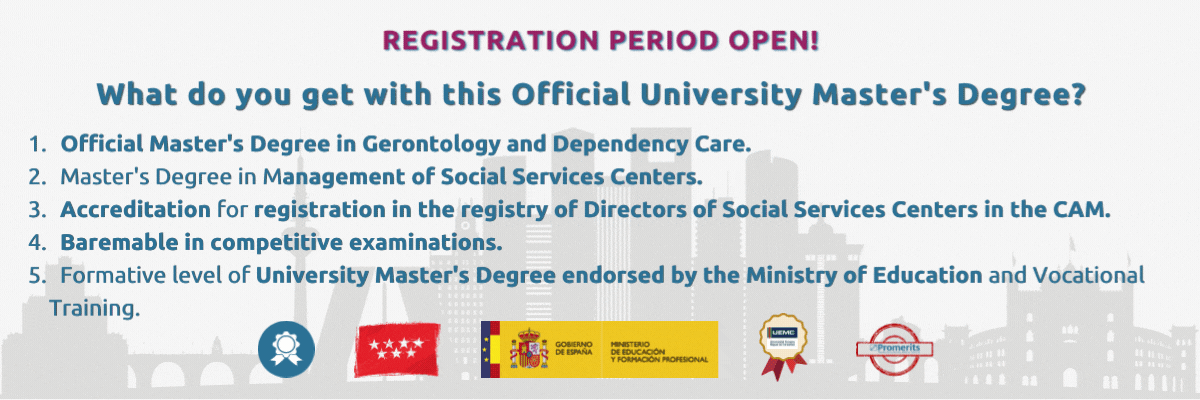
The “Official University Master’s Degree in Gerontology and Care for Dependency” offers a quality, comprehensive syllabus with a broad Practical Application, adapted to the context of Care Ethics encompassed in Dignified Care for the Elderly, covering the field of Gerontology together with those related contexts that may require specific training for today’s Professionals. The incorporation of Values in the Care of our Elderly will be an aspect of added value so that our Elderly are cared for with the Professional Ethics and Dignity that they deserve.
At UEMC-PROMERITS we have Professional Internships in all types of Institutions. Likewise, our students will be able to validate their internships if they are working in the sector.
Find out about our Credit Recognition Plans for Training and Work Experience!
Endorsements for this Official Degree:
Very high demand of Professional Profiles with specific training.
There is currently a Great Demand for Professionals trained in Gerontology and Dependency, both to Direct and Manage Centers and Services for the Elderly, as well as to occupy other Technical Positions in Dependency Care, and it is expected that this demand will increase considerably in the near future.
The Degree has been authorized and recognized by the regulatory bodies of University Academic Quality. (ACSUCYL y ANECA), fulfilling all the requirements and demands, according to resolution BOCyL n.º 143, July 26, 2021 and RUCT code: 4317755 .
Specifically, with regard to Dependency Care, we highlight the importance of the SAAD (System for Autonomy and Dependency Care), which we mentioned in the previous point and which requires professionals trained in Gerontology, who in turn are able to deal with the particular cases of Dependent Elderly. Already in the Decree 14/2017, of July 27, of Authorization and Operation of the Centers of Social Character for the Care of the Elderly in Castilla y León, it appears that the Director of these CENTERS “must have a University Degree and complementary training in Dependency, Disability, Gerontology, Management of Residential Centers or other areas related to the field of Care for Dependency” and that the rest of the technical professionals “must have complementary training in Dependency, Disability, Gerontology, or other areas related to the field of Care for Dependency“.
The faculty is a perfect combination of Academics and Professionals.
The Official University Master’s Degree in Gerontology and Care for Dependency responds to the need detected to train professionals in the field of Gerontology and Care for Disability and Dependency, as well as in the Management and Direction of its Services and Centers. The content we propose for this Official University Master’s Degree is structured from the particular vision of Gerontology together with those related contexts that may require specific training for the current professional.
We provide the student with Operational and Practical Competences that allow an effective participation in the Labor Market, which results in a Better Quality of Life for the Elderly, their relatives and the Workers of the sector.
It includes the most modern and updated contents in subjects such as Dependency Care, as well as Management and Direction of Social Services and Centers and the latest trends in Gerontology.
Likewise, this Official University Master’s Degree can be applied for positions in Social Services, Health, Education for the Elderly and Local Administration Public Examinations, among others.
The academic offer surpasses the classic programs by defining People-centered care by true Professionals.
Therefore, we can affirm that our proposal is different, competitive and offers a complete and current training to train professionals in the area of Gerontology, Dependency Care, as well as the Management and Direction of its Centers and Services.
Who is this Official Master's Degree in Gerontology for?
This Official University Master’s Degree is mainly aimed at people who come from the Health and Social Spheres, as well as legal and Business Administration, and who are interested in developing their professional career in the field of Gerontology and Care for Dependency, including the Management and Direction of its Centers and Services.
In this way, this Official University Degree aims to strengthen the employability of graduates, complementing their training in one of the areas with the greatest future prospects in Western societies, such as Gerontological Care.
Objectives of this Official University Master's Degree
To train students in collective action to promote the social well-being of the elderly, both by means of training those concerned in the adoption of healthy lifestyles, and through the conditioning and equipping of physical and social environments to make them accessible, safe and conducive to intergenerational participation and social integration.
To train students to inform and assist the elderly and those affected by disability and dependence of any age, and their families, in the search and management of financial aid and technical benefits, such as those regulated by Law 39/2006, of December 14, on the promotion of personal autonomy and care for people in a situation of dependence.
To train students for the training and care support to the relatives of elderly people as well as of other ages, affected by disability and dependence, who reside in private homes and require special attention.
To train students in the care of the elderly as well as other age groups, affected by disability or dependence, through ambulatory technical services (tele-assistance, home help service, home meals, day centers, early care services, rehabilitation, occupational centers, special employment centers and residential care (temporary or permanent).
To train students for the Management and Direction of these services and centers. Current Western societies are characterized by a rapid aging of their population, based both on the decrease in birth rate and on medical advances that allow increasing longevity and achieving a better quality of life in old age. Consequently, training in Gerontology is increasingly in demand, both by the elderly and their families.
Professional Opportunities
- Design, Management and Direction of Gerontological Programs and Services of a promotional and participative nature: preparation of older adults for the aging stage, cultural and leisure trips, Senior Citizen classrooms, municipal and Private Entities’ Home Centers, and other related programs and services.
- Advice to Private and Public Entities operating in the Gerontological Sector and other Social Spheres in the functions of Programming, Personnel Training, Monitoring and Evaluation.
- Direction, Management and Technical Attention of Home Centers for the elderly, both under the responsibility of City Councils and Private Entities.
- Direction, Management and Technical Assistance in Functional Rehabilitation Services, Occupational Care and Special Employment.
- Direction, Management and Technical Attention of Outpatient Programs and Services: Telecare, Home Help and Day Care Centers.
- Direction, Management and Technical Attention in Residential Centers for the Elderly and other people with Special Needs.
- Teaching and Research in Universities, Foundations and other related Educational Spaces.
- Design of consumer products, Spaces and Services Specially Dedicated to the Elderly or people Affected by Disability and Dependency.
Admission requirements for this Official Master's Degree in Gerontology
To access the study of this Official University Master’s Degree in Gerontology it is necessary to be in one of the following cases:
1) To be in possession of an Official Spanish University Degree or another issued by a higher education institution of the European Higher Education Area (EHEA) that entitles in the country issuing the degree for access to Master’s Degree studies.
2) Graduates from educational systems outside the EHEA can access the Official Master’s Degree without the need to homologate their degrees. Previously, the University must verify that they accredit a level of training equivalent to the corresponding Spanish Official University Degrees and that the Degree obtained entitles them, in the country issuing the degree, to access postgraduate studies. Access by this route does not imply in any case the homologation of the previous degree held by the person concerned, nor its recognition for purposes other than that of pursuing the Master’s Degree.
The “Official University Master’s Degree in Gerontology and Care for Dependency” is aimed at students with Health and Social profiles, as well as those related to Law and Business Administration, or from the field of literature, who are interested in developing their professional career in the field of Gerontology and Care for Disability and Dependency, as well as the Management and Direction of its Centers and Services.
Therefore, in order to access this Degree, students must be Graduates, Graduates or Graduates in different health, social, legal or administrative disciplines, after verification by the University of compliance with the level of training comparable to the titles referred to below by comparing the documents proving the training obtained.
Students holding the following degrees will have direct access:
- Degree in Medicine
- Degree in Medicine
- Diploma in Nursing
- Degree in Nursing
- Diploma in Physiotherapy
- Degree in Physiotherapy
- Diploma in Speech Therapy
- Degree in Speech Therapy
- Degree in Dentistry
- Degree in Biomedical Sciences
- Degree in Health Biology
- Degree in Biomedicine
- Degree in Human Nutrition and Dietetics
- Degree in Occupational Therapy
- Degree in Psychology
- Degree in Psychology
(The degrees in the Health Area, which have been included in the list of direct access, provide students, in their respective curricula, with sufficient knowledge of human physiology and pathology to begin the Master’s studies with adequate prior training. In addition, they are particularly suitable because they are degrees directed transversally to the elderly, who would be the users of the services and actions of the graduates in this Master’s Degree).
Students with the following degrees will have access to the Master’s Degree, after taking a complementary training course, which will help them to develop the Master’s Degree, consisting of the subject “Introduction to medical physiology and pathology”, equivalent to three ECTS:
- Degree in Social Work
- Diploma in Social Work
- Degree in Sociology
- Licentiate in Sociology
- Diploma in Social Education
- Degree in Social Education
- Degree in Pedagogy
- Licentiate in Pedagogy
- Degree in Primary Education (teacher)
- Specialized Teacher in Primary Education
- Specialized Teacher in Hearing and Language
- Specialized Teacher in Special Education
- Specialized Teacher in Physical Education
- Degree in Law
- Licentiate in Law
- Degree in Business Administration
- Licentiate in Business Administration
- Degree in Physical Activity and Sports Sciences.
The total duration of the Pre-program is 75 hours, equivalent to 3 ECTS. The subjects would be evaluated by means of two self-evaluation tests. Each of the tests corresponds to a block of four contents, consists of twenty multi-answer questions and lasts forty-five minutes.
The theoretical contents and audiovisual media supporting the module, as well as the self-assessment tests, will be available to registered students one month prior to the start of classes. Likewise, the Opencampus will automatically provide information on the number of attempts made in each evaluation test, the time spent and the percentage and evolution of learning in the development of the tests. The pre-program will also have a tutor for the resolution of general doubts.
Faculty/Faculty of the Master's Program
At Promerits we have an excellent teaching staff, all of them Professors, Doctors (PhD) and/or Senior Executives of the main Spanish and international companies, with extensive teaching and research skills, good knowledge of the subjects and curricula they teach, but also firm and respectful, enthusiastic and drivers towards flexibility and good communication with students, so that they achieve their goals within the Excellence: Professionalization, Merit and Status.
Experts and Collaborators
- Demetrio Casado Pérez: former director of SEREM, former director of the Royal Board on Disability and Doctor of Pharmacy.
- José Manuel Ribera Casado: former head of the geriatrics service at the Hospital Clínico San Carlos and Emeritus Professor of Geriatrics at the Universidad Complutense de Madrid.
- Vicente Riesgo: advisor to the Confederation of Spanish Parents’ Associations in Germany.
- Gerardo Hernando Rodríguez: Founder of the Research Group on Gerontology and Geriatrics at the University of A Coruña.
- José Félix Sanz Juez: Director of POLIBEA.
- Javier García Pérez: Graduate in Psychology, Master’s Degree in Psychology of Old Age and Manager of the Spanish Confederation of Organizations for the Elderly (CEOMA).
- Lourdes Bermejo García: Doctor in Educational Sciences, Diploma in Social Gerontology, Expert in Integral Social Intervention and Vice-president of the Geriatrics and Gerontology Society of Cantabria.
- Fernando Fantova Azcoaga: Doctor in Political Science and Sociology (Sociology Section), Degree in Philosophy and Educational Sciences (Psychology Section) from the University of Deusto, Advanced Master in Management and Development of Human Resources from the University of the Basque Country, Former Deputy Minister of Social Affairs, Department of Employment and Social Affairs of the Basque Government.
- Juan Manuel Martínez Gómez: President of the Spanish Confederation of Organizations for the Elderly, Degree in Medicine and Surgery from the University of Madrid, Diploma in Geriatric Medicine and Social Gerontology, Diploma in Management of Hospitals and Social and Health Areas, Former Vice President and former Secretary General of the Spanish Society of Geriatrics and Gerontology, Former Vice President of A.E.S.T.E. (Association of Service Companies for the Elderly), from 1975 to 1991. Head of the Medical Services of IMSERSO and Geriatric Advisor to the General Directorate, Co-author and Program Director of the National Gerontological Plan, Member of the Committee of Experts for the study of dependency in Spain appointed by the Ministry of Labor and Social Affairs and Creator and General Director of QUAVITAE, of the Caja Madrid Group, a private company providing services for the elderly.
Endorsements for this degree program
Program
| Módulo | ECTS | Materias | Carácter | ECTS |
| Gerontología | 21 | Procesos de envejecimiento y sociodemografía | OB | 7 |
| Riesgos en el envejecimiento y recursos para afrontarlos | OB | 7 | ||
| Oportunidades en el envejecimiento y medios para su realización | OB | 7 | ||
| Módulo | ECTS | Materias | Carácter | ECTS |
| Discapacidad y Dependencia | 12 | Las discapacidades y sus clases; y recursos para afrontarlas | OB | 6 |
| La dependencia funcional y el SAAD (Sistema para la Autonomía y Atención a la Dependencia) | OB | 6 | ||
| Módulo | ECTS | Materias | Carácter | ECTS |
| Gestión y dirección de servicios y centros | 12 | Gestión técnica, económica y administrativa | OB | 3 |
| Gestión de recursos humanos | OB | 3 | ||
| La calidad de los servicios y centros | OB | 3 | ||
| Servicios y centros gerontológicos y de atención a la discapacidad y la dependencia | OB | 3 | ||
| Módulo | ECTS | Materias | Carácter | ECTS |
| Prácticas externas | 9 | Prácticas externas | PE | 9 |
| Módulo | ECTS | Materias | Carácter | ECTS |
| Trabajo Fin de Máster | 6 | Trabajo Fin de Máster | TFM | 6 |
[1] Básica misma rama= BA MR Básica otras ramas= BA OR Obligatoria=OB Optativa= OP Trabajo de fin de Máster=TFM Prácticas externas= PE
M1 | M2 | M3 | M4 | M5 | ||
CG01 | Capacidad de organización y planificación |
|
| X |
| X |
CG02 | Comunicación oral y escrita en lengua extranjera |
|
|
| X | X |
CG03 | Habilidades básicas de informática | X |
| X |
| X |
CG04 | Capacidad y habilidad para la toma de decisiones |
|
| X |
| X |
CG05 | Capacidad para trabajar en equipos de carácter interdisciplinar |
|
| X | X | X |
CG06 | Compromiso ético (saber aplicar la evidencia científica en la práctica profesional y mantener un compromiso ético y de integridad intelectual en el planteamiento de la investigación científica, básica y aplicada) | X | X |
| X | X |
CG07 | Capacidad de crítica y autocrítica | X | X | X |
| X |
CG08 | Habilidades interpersonales (tanto con miembros del entorno como con científicos/profesionales de otros centros) |
|
| X | X | X |
CG09 | Reconocimiento a la diversidad y a la multiculturalidad | X | X | X |
|
|
CG10 | Desarrollar hábitos de excelencia y calidad en el ejercicio profesional |
|
| X |
| X |
CG11 | Capacidad para generar nuevas ideas (creatividad) |
|
| X |
| X |
CG12 | Iniciativa y espíritu emprendedor |
|
| X |
| X |
CG13 | Capacidad y habilidades de liderazgo |
|
| X |
|
|
CG14 | Diseño y gestión de proyectos gerontológicos |
|
| X |
| X |
Tabla 5.11. Relación entre competencias generales y módulos en las que se desarrollan
M1: Gerontología
M2: Discapacidad y dependencia
M3: Gestión y dirección de servicios y centros
M4: Prácticas externas
M5: Trabajo fin de máster
M1 | M2 | M3 | M4 | M5 | ||
CE01 | Capacidad para comprender los procesos asociados al envejecimiento desde los distintos marcos y enfoques desde la gerontología | X |
|
| X | X |
CE02 | Capacidad para conocer y entender el marco nacional y europeo de políticas y servicios para mayores | X | X | X | X | X |
CE03 | Capacidad para conocer y servir a los derechos de las personas mayores ante situaciones de vulnerabilidad y dependencia |
| X | X | X | X |
CE04 | Capacidad para conocer los fundamentos de gestión de la calidad en contextos gerontológicos |
|
| X | X | X |
CE05 | Capacidad para conocer los principales trastornos psicogerontológicos y su tratamiento desde un enfoque multidimensional | X |
|
| X | X |
CE06 | Capacidad para desarrollar los valores, actitudes y habilidades esenciales que debe poseer un gerontólogo | X |
| X | X | X |
CE07 | Capacidad para analizar e interpretar la información demográfica relacionada con el fenómeno del envejecimiento. | X |
|
| X | X |
CE08 | Capacidad para entender y aplicar las teorías relacionadas con el proceso de envejecimiento y su relación con las distintas áreas de aplicación en gerontología. | X |
| X | X | X |
CE09 | Capacidad para analizar y aplicar los diferentes planes de atención a los mayores en función de sus necesidades y situaciones | X | X | X | X | X |
CE10 | Capacidad para identificar y gestionar recursos para la atención de situaciones de discapacidad |
| X |
| X | X |
CE11 | Conocer de forma avanzada y especializada las problemáticas gerontológicas desde un abordaje multidisciplinar | X |
|
| X | X |
CE12 | Capacidad para desarrollar un conocimiento especializado sobre las técnicas mas frecuentemente utilizadas en terapia ocupacional | X |
|
| X | X |
CE13 | Capacidad para gestionar los recursos que regula la ley de la dependencia y poder canalizar las distintas ayudas de la misma en función del grado de dependencia |
| X |
| X | X |
CE14 | Capacidad para realizar planes de asesoramiento a los mayores y sus familias en la correcta aplicación de las ayudas existentes en relación a la atención gerontológica | X |
| X | X | X |
CE15 | Capacidad para proponer, discutir y valorar interacciones y tratamientos gerontológicos desde un punto de vista multidisciplinar, formando parte de un equipo |
|
| X | X | X |
CE16 | Capacidad para comprender la legislación aplicable al maltrato al mayor y sus consecuencias | X |
| X | X | X |
CE17 | Capacidad para conocer, comprender y manejar los principios de calidad aplicables a la atención gerontológica |
|
| X | X | X |
CE18 | Capacidad para dominar las técnicas de evaluación destinadas a la valoración del estado cognitivo de las personas mayores | X |
| X | X | X |
CE19 | Capacidad para realizar informes técnicos y especializados vinculados a situaciones reales en materia de gerontología | X |
|
| X | X |
CE20 | Capacidad para desarrollar un proyecto técnico profesional, integrando información multidisciplinar, en el entorno de la gerontología | X |
|
|
|
|
Tabla 5.12. Relación entre competencias específicas y módulos en las que se desarrollan
M1: Gerontología
M2: Discapacidad y dependencia
M3: Gestión y dirección de servicios y centros
M4: Prácticas externas
M5: Trabajo fin de máster
Nombre Comercial | Nombre Social | Localidad | Provincia |
Amma Encinar | Amma Recursos Asistenciales SAU | Valladolid | Valladolid |
APARVAL | Asociación Parkinson Valladolid | Valladolid | Valladolid |
Asociación de Familiares y Amigos Enfermos de Alzheimer y otras Demencias de Zamora | Asociación de Familiares y Amigos Enfermos de Alzheimer y otras Demencias de Zamora | Zamora | Zamora |
Asociación de Familiares de Enfermos de Alzheimer de Valladolid | Asociación de Familiares de Enfermos de Alzheimer de Valladolid | Valladolid | Valladolid |
Centro de Día Gonzalo de Berceo | Grupo Elteis, S.L.U. | Logroño | La Rioja |
Centro de Mayores Alicia | Centro de Mayores Alicia, S.L. | Villamañán | León |
Centro Hospitalario Padre Benito Menni | Centro Hospitalario Padre Benito Menni | Valladolid | Valladolid |
Centro Médico Los Tilos de Cuéllar | Alson-May S.L. | Cuéllar | Segovia |
Centro Sociosanitario-Residencia Plaza Real | Baugestión 3, S.L. | Zaratán | Valladolid |
Clece | Clece, S.A. | Valladolid | Valladolid |
Fundación Intras | Fundación Intras | Valladolid | Valladolid |
Fundación Personas | Fundación Personas | Valladolid | Valladolid |
Gerencia de Servicios Sociales de Castilla y León | Gerencia de Servicios Sociales de Castilla y León | Valladolid | Valladolid |
Gerohotel | Gerohotel Servicios Gerontológicos, S.L.U. | Laguna de Duero | Valladolid |
Gerovida Arroyo | Gero Real, S.L. | Arroyo de la Encomienda | Valladolid |
Grupo Recoletas | Hospital Recoletas Castilla y León, S.L. | Valladolid | Valladolid |
Hospital Carmen y Severo Ochoa | Hospital Carmen y Severo Ochoa | Cangas del Narcea | Asturias |
Hospital San Rafael | Asilo San Rafael Hermanos de San Juan de Dios | Granada | Granada |
Hospital Universitario de Gran Canaria Dr. Negrín | Hospital Universitario de Gran Canaria Dr. Negrín | Las Palmas de Gran Canaria | Gran Canaria |
Jireysa Aldeamayor Golf | Jireysa Aldeamayor Golf Senior, S.L.U. | Aldeamayor de San Martín | Valladolid |
Red Hospitalaria Recoletas | Red Hospitalaria Recoletas | Valladolid | Valladolid |
Residencia Caracillo | Centro Residencial Caracillo | Ciudad Rodrigo | Salamanca |
Residencia La Arbolada | Residencia La Arbolada | Valladolid | Valladolid |
Residencia Nuestra Señora de Begoña | Busalco, S.L. | La Unión de Campos | Valladolid |
Residencia San Bernabé | Fundación Benéfica San Bernabé y San Antolín | Palencia | Palencia |
Residencia Santa Paola | Castellana Geriátrica de Servicios C.B. | Toledo | Toledo |
Residencia Santo Domingo y Santa Eloisa | Residencia Santo Domingo y Santa Eloisa | Villavicencio de los Caballeros | Valladolid |
Residencia Virgen del Carmen | Fundación el Mandamiento Nuevo | La Pedraja de Portillo | Valladolid |
Riosol | Centro Geriátrico Riosol | Valladolid | Valladolid |
Sacyl | Gerencia Regional de Salud de Castilla y León | Valladolid | Valladolid |
Sanyres | Sanyres Sur, S.L | Córdoba | Córdoba |
SESCAM | Servicio de Salud de Castilla La Mancha | Toledo | Toledo |
Vitalia Castillo | Residencia Tercera Edad El Castillo, S.L. | Cabezón de Pisuerga | Valladolid |
Vitalia Valladolid | PSM Salud, S.L. | Valladolid | Valladolid |
Internship Agreements for External Internships (PE) and Master's Thesis (TFM)
Qualifications obtained
- Master’s Degree in Gerontology and Dependency Care issued by the European University Miguel de Cervantes (UEMC).
- Master in Management of Social Services Centers issued by PROMERITS (PROFESSIONALIZATION, MERIT AND STATUS (PROMERITS), an entity APPROVED by the General Technical Secretariat of the Ministry of Social Affairs of the Community of Madrid to provide training to perform the functions of Director of Social Services Centers.
- Certificate for Accreditation in the Registry of Directors of Social Centers in the Autonomous Community of Madrid.
- The Certificate for the Performance of Basic Level Functions of Occupational Risk Prevention.


